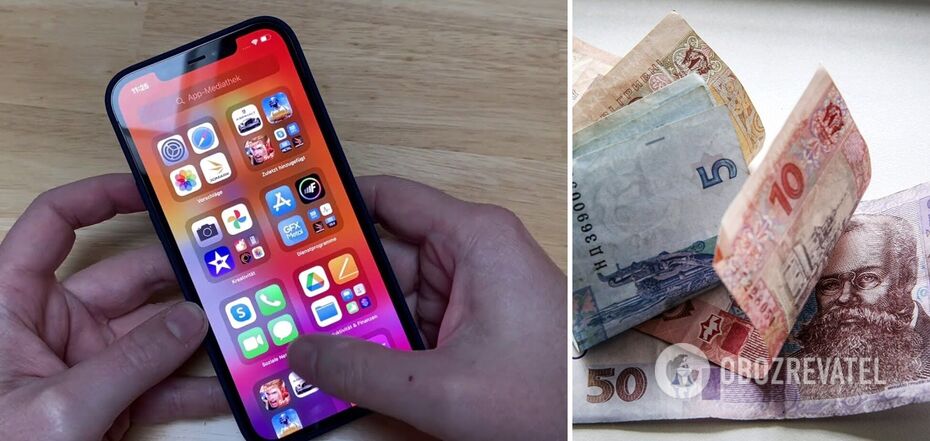Life
How a smartphone can help people with disabilities who find it difficult to walk outside
When I was buying vegetables in a supermarket, an elderly woman, small in stature, came up to me and asked me something unintelligible, pointing to a pumpkin. I noticed her even before that: she was dragging her leg, and my professionally deformed brain immediately made a diagnosis, but somewhere on the edge of my consciousness, so quietly.
And then she asked me something, indistinctly. And I did not immediately realize what they wanted from me. I asked her again, and again.
She was dragging her leg, her right arm was hanging, her face was asymmetrical and her speech was impaired. She had suffered a stroke in the past, it finally dawned on me. And although I made the diagnosis immediately, I was in dissonance because I was not used to seeing such people in the supermarket. Anyway, asking questions, I realized that she wanted to buy a pumpkin.
I weighed her pumpkin. And she pushed the cart on. At the checkout, we met again and I helped her put everything in her bag. Again, there was a dissonance: despite her disabilities, she paid for the pumpkin and sugar. It was clear that this was not her first time shopping here, although I had never seen her before.
I offered to help her. I explained in detail that I could carry the bag wherever she needed to go. It seemed to me that it was important to explain and voice everything so that she wouldn't get scared.
The only thing she spoke clearly was,
"Thank you, thank you, thank you."
I took that as a yes.
- How far do you live?
- Yes.
- Are you on foot?
He doesn't say anything.
- Do you take the bus?
- Yes.
And she led me.
We walked for about a hundred meters along a broken path with a pile of stones, and I cursed the local authorities to myself. When you are young and healthy, you don't notice the stones, but it's different when you are walking next to a person with a disability, or when you are that person.
I waited for the bus. I helped the woman get on and gave her the bag. Finally, she looked up at the sky, then at me, and said,
"Thank you."
I smiled and left.
So today, thinking about smartphones from the government, I remembered this incident. Our country has almost no infrastructure for people with disabilities. There is no adequate social service, no nursing homes, no hospices. No, not the worst wards in the hospital, which are called hospices, but normal, humane ones.
But smartphones... how a smartphone will improve this woman's life? Will it make walking the beaten path more comfortable?
But what would be worth doing is to create a register of such people. Not just a list, but a map, to study their routes, to make sure that the route is safe and convenient. Are there any ramps, does this person have everything they need to feel like a full-fledged citizen and be able to go to the store, for example?
If we do not see people with disabilities, it does not mean that they do not exist. They do exist, and there are many of them, but they stay at home because the authorities often don't give a damn about their needs, that there is no ramp or convenient sidewalk. But now they will have a smartphone.
This is a victory!
There are always basic needs and additional ones. So a smartphone is not a basic need at all. Provide the necessary minimum, the infrastructure, and then give away gizmos with a screen that will be sold immediately to buy food.
And I'm glad that there are those who write "my grandmother will be happy." I'm honestly glad, but there are those who are brought to the hospital in winter just to eat and warm up, and they really don't have time for a smartphone.
And my grandmother, who remembered bran pies because the Romanians took everything away, and then spent her whole life plowing the fields, would be surprised, to put it mildly, if a smartphone was brought to her. In her worldview, it's not worth the oney. And somewhere I agree with her because this is not a basic need.



























